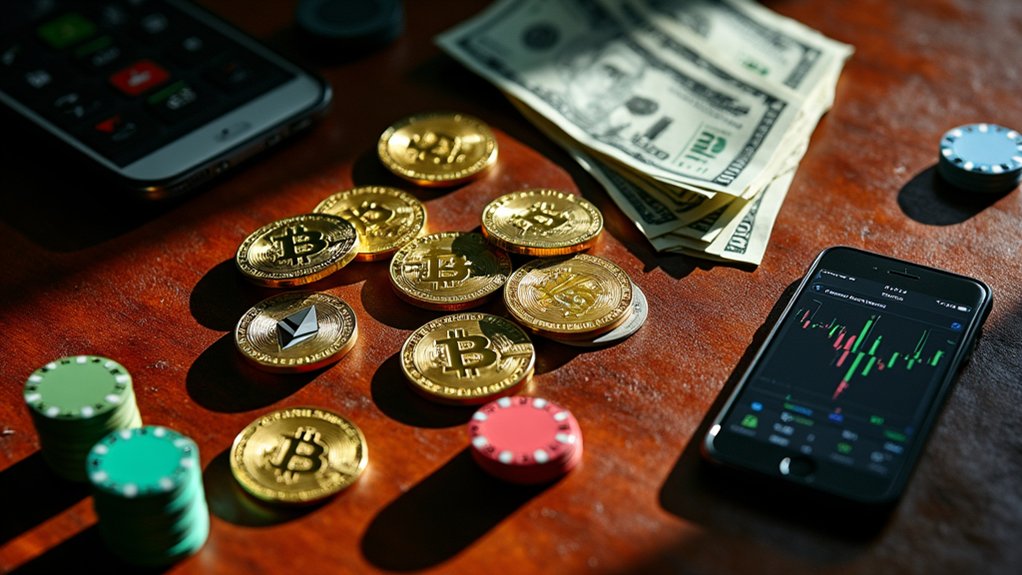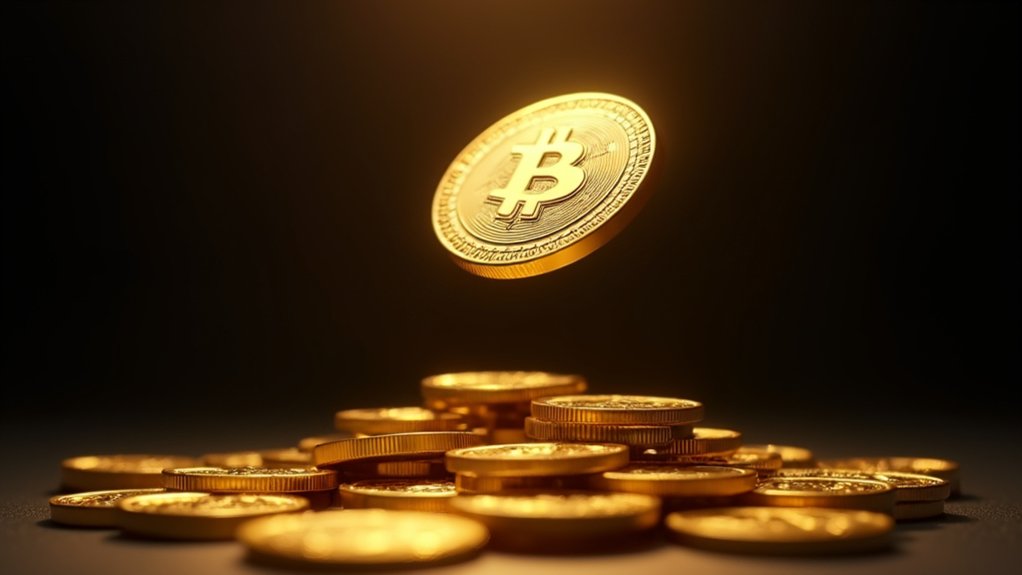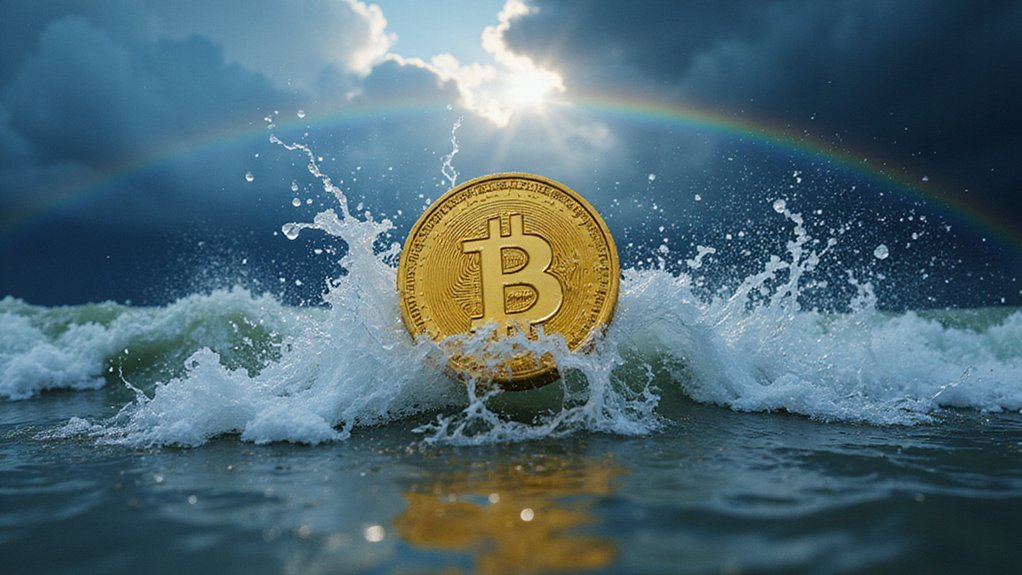While most presidential families have historically confined their business ventures to real estate, hospitality, or traditional investments, the Trump family has initiated what can only be described as the most audacious foray into cryptocurrency by any First Family in American history.
The financial results speak with startling clarity: approximately $2.9 billion in net worth increases within six months, with crypto holdings now representing roughly 40% of President Trump’s estimated wealth. This transformation occurred through a diversified portfolio spanning memecoins, NFTs, decentralized finance protocols, stablecoins, and Bitcoin mining ventures—a strategic breadth that would make traditional asset managers envious, if not slightly bewildered.
Central to this cryptocurrency empire stands World Liberty Financial, launched in October 2024 as the family’s primary crypto exchange vehicle. The platform has secured a $2 billion investment from Abu Dhabi-based firm MGX for its stablecoin product “USD1,” demonstrating that institutional capital follows political influence with remarkable alacrity. The Trump family entity maintains a commanding 60% stake in World Liberty while also securing 75% of net revenue from token purchases.
Institutional capital gravitates toward political influence with remarkable speed, as evidenced by World Liberty Financial’s $2 billion Abu Dhabi investment.
Simultaneously, Trump Media and Technology Group raised $2.5 billion from approximately 50 investors to establish a “bitcoin Treasury,” effectively transforming the Truth Social parent company into a cryptocurrency investment vehicle.
The memecoin phenomenon deserves particular scrutiny. The $TRUMP and $MELANIA tokens, strategically released just before the presidential inauguration, generated substantial paper gains despite experiencing typical crypto volatility (the $TRUMP token plunged 16% following a high-profile gala event). These branded digital assets represent perhaps the most direct monetization of political celebrity in cryptocurrency history.
This transformation proves especially remarkable considering Trump’s initial skepticism toward Bitcoin during his first presidential term. The family’s pivot to crypto evangelism ahead of his second run demonstrates either genuine conversion or exceptional market timing—possibly both. While established top altcoins like Ethereum and XRP continue to dominate institutional investment discussions, the Trump family’s focus on branded tokens represents a different approach to cryptocurrency wealth creation.
Congressional Democrats have predictably raised conflict-of-interest concerns, proposing legislation to bar presidents, vice presidents, and congressional members from owning or promoting digital assets. Multiple bills targeting these activities reflect growing unease about the intersection of political power and cryptocurrency speculation.
The Trump family’s crypto ventures have generated mixed reactions within both crypto communities and policy circles, highlighting the ongoing tension between innovation and regulation in digital asset markets.









